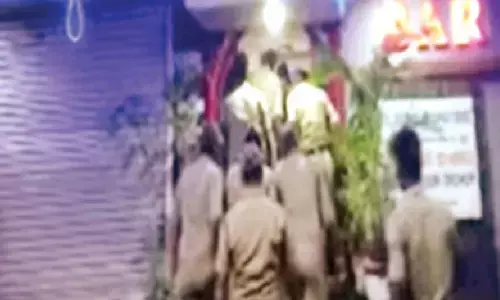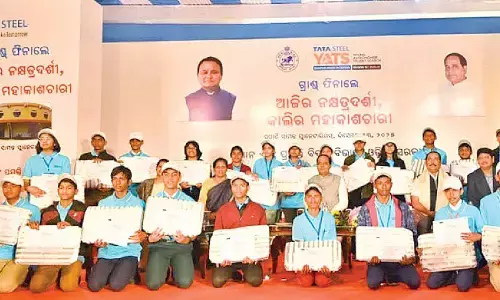Quashing sexual violence cases on monetary basis would imply “justice is for sale”: HC
Share :

The court said the sexual violence case necessitates a trial to determine whether the accused committed the offences or the complainant lodged a false complaint and now seeks to settle it after accepting money. The high court said neither the accused nor the complainant can be allowed to manipulate the criminal justice system or misuse the state and judicial resources to serve their own ends.
New Delhi: Criminal cases involving allegations of sexual violence cannot be quashed on the basis of monetary payments as doing so would imply that “justice is for sale”, the Delhi High Court has observed. The high court said even if the parties have reached a compromise in a sexual violence case, they cannot demand quashing of the FIR as a matter of right.
The court made the observation while rejecting a plea moved by a rape accused seeking quashing of an FIR registered by a woman on the ground that the matter was amicably settled between the parties and that she agreed to settle for Rs 1.5 lakh. “… This court is of the opinion that criminal cases involving allegations of sexual violence cannot be quashed on the basis of monetary payments, as doing so would imply that justice is for sale,” Justice Swarana Kanta Sharma said.
The high court, in an order passed on Monday, said it has considered the fact that the FIR itself reveals serious allegations against the man and his family members, including consistent threats to the prosecutrix (woman) to prevent her from lodging a complaint.
The court noted that the memorandum of understanding (MOU) entered into by the parties is not the result of a resolution of misunderstandings through family intervention but an exchange of money totalling Rs 12 lakh, intended to secure the quashing of the FIR. The woman had initially demanded Rs 12 lakh from the man but later settled for Rs 1.5 lakh. In the FIR, the woman, who was divorced and had a child, alleged that the accused had misrepresented himself as a divorcee and engaged in sexual relationship and sexual violence with her under the false pretext of marriage. The FIR also alleged shooting of inappropriate videos and photos by the accused, threats to kill her and her son, and repeated misrepresentation by the accused.
Later, it was submitted that the FIR had been lodged since the woman was angry and that it be now quashed as they have reached a settlement. The prosecutor opposed the plea saying if the FIR is quashed on the ground that the prosecutrix had lodged the complaint out of anger towards the accused, it would be a travesty of justice and an abuse of the criminal justice system.
The high court said if the woman has made false allegations and lodged a false FIR, she must face the consequences. The FIR, it added, does not merit to be quashed. The court said the case necessitates a trial to determine whether the accused committed the offences or the complainant lodged a false complaint and now seeks to settle it after accepting Rs 1.5 lakh.
“This court is of the opinion that true justice and the ends of justice will be served not by quashing the FIR without a trial, but by conducting a trial to fairly ascertain the real culprit, be it the accused or the complainant.
“This court is of the opinion that justice in a criminal trial, particularly in a case such as the present one, serves not only as a serious example and deterrent to the accused but also as a lesson to the community as a whole,” Justice Sharma said.
The high court said neither the accused nor the complainant can be allowed to manipulate the criminal justice system or misuse the state and judicial resources to serve their own ends. “Therefore, even if the parties have reached a compromise, they cannot demand the quashing of an FIR as a matter of right.
“The trial court must decide the case on its merits, examining the facts in light of natural justice for both the complainant and the accused, as well as considering the broader implications for the community and the criminal justice system. Every judgment carries its own message, and this one emphasises that the integrity of the judicial process must be upheld,” it said.



















